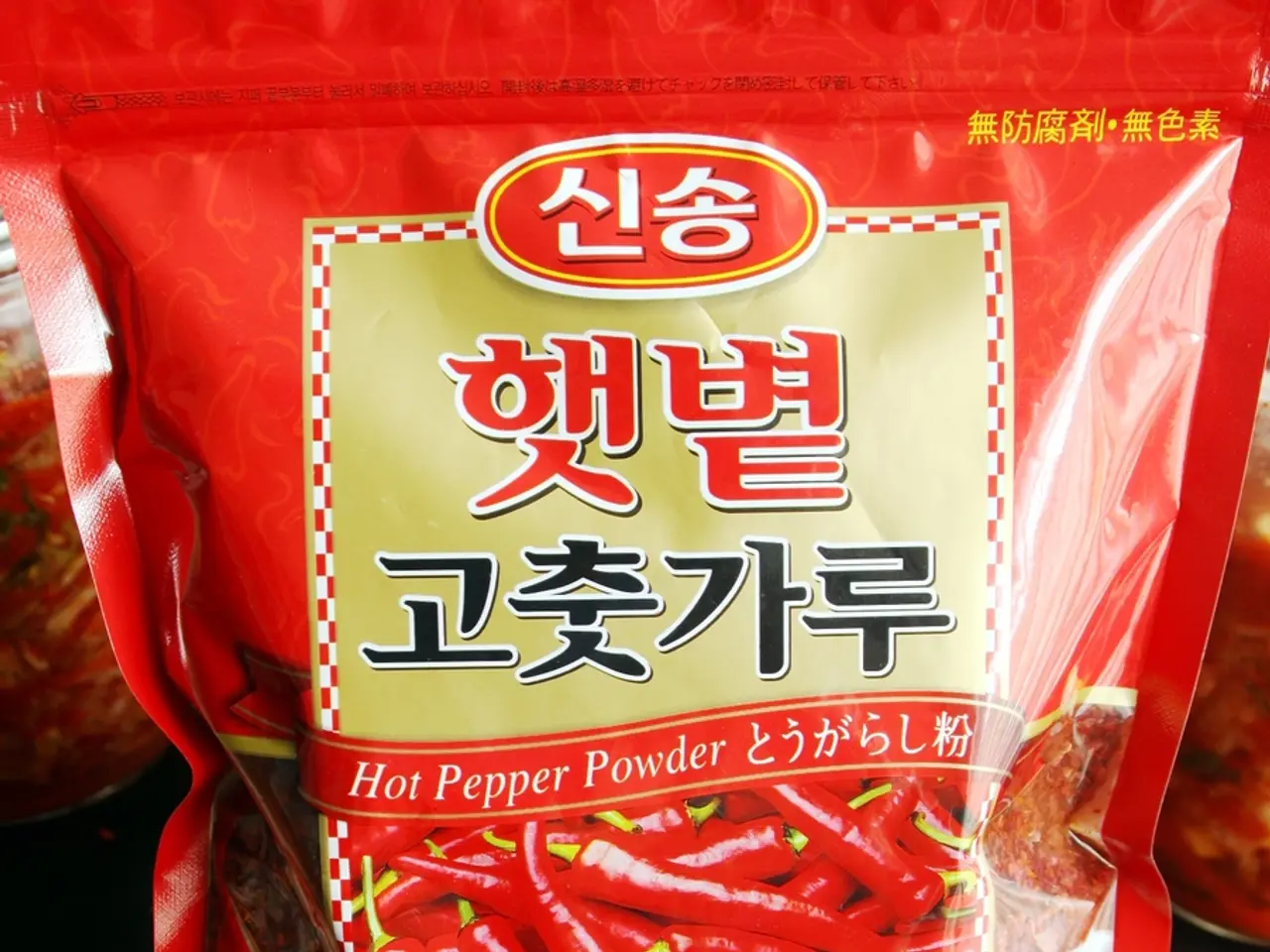Exploring the Reasons Behind Unpleasant Flatulence and Offering Solutions
Hot farts, a term used to describe a burning sensation during flatulence, are often caused by irritation in the digestive tract due to certain foods or digestive disturbances. Here's a closer look at the main causes and prevention methods:
Causes of Hot Farts
- Spicy Foods and Irritants: Eating spicy foods containing chili peppers or strong spices can irritate the lining of the digestive tract. The compound in chili, capsaicin, can cause a burning sensation when gas passes through the anus.
- High-Protein Diets and Fermentation: Consuming large amounts of protein, especially if some protein reaches the large intestine undigested, can lead to bacterial fermentation. This process releases gases including sulfur compounds like hydrogen sulfide, which can cause a foul odor and potentially irritation.
- Gut Bacteria Imbalance: Imbalances in gut bacteria may increase fermentation byproducts, making farts both smellier and possibly causing discomfort or burning sensations.
- Certain Gas-Producing Foods: Foods high in fiber and fermentable sugars (like beans, onions, garlic, broccoli) can increase gas production. If the intestinal lining is sensitive or inflamed, this can lead to a burning sensation.
- Digestive Disorders or Sensitivities: Conditions like lactose intolerance or other food intolerances can increase gas and cause irritation. Also, if someone has conditions that affect gut motility or inflammation, this may contribute to discomfort when passing gas.
- Dehydration and Heat-Related Factors: Although direct heat is not a common cause, dehydration during hot weather may slow gut motility and affect bacteria, potentially worsening bloating and gas discomfort.
Prevention of Hot Farts
Preventing hot farts involves dietary adjustments, hydration, and managing gut health:
- Identify and Limit Trigger Foods: Avoid or reduce intake of spicy foods, excessive protein, gas-producing vegetables (e.g., onions, garlic, beans), and artificial sweeteners known to increase flatulence.
- Increase Fiber Gradually: If fiber is low, add it slowly to avoid sudden excess gas, and ensure intake of fiber-rich foods to promote healthy digestion.
- Stay Hydrated: Adequate hydration helps digestion and prevents constipation, reducing gas build-up and discomfort.
- Balanced Diet: Include a variety of foods rather than a protein-heavy diet that might crowd out fiber and increase gas.
- Consider Probiotics: Balancing gut bacteria with probiotics may help reduce excessive fermentation and gas production, although evidence is individual-dependent.
- Manage Food Intolerances: If lactose intolerance or other sensitivities are suspected, avoid those specific triggers.
- Eat Smaller, More Frequent Meals: This can reduce digestive load and lower the risk of gas buildup and irritation.
In summary, hot farts are mainly caused by irritation from spicy foods, bacterial fermentation of undigested protein, gut bacterial imbalances, and certain gas-producing foods. Prevention focuses on dietary adjustments, hydration, and managing gut health. If symptoms persist or do not get better within a few days, it may indicate a chronic digestive issue, and a person should speak to a doctor or dietitian for a diagnosis.
- Certain medical conditions like multiple sclerosis, ulcerative colitis, Crohn's disease, Alzheimer's, and psoriasis can affect digestive health and contribute to discomfort during flatulence.
- Atopic dermatitis, a type of skin inflammation, is often associated with food allergies or sensitivities that may exacerbate gas production and irritation in the digestive tract.
- Science has made advancements in understanding and managing digestive health, as well as providing food and food benefits for those with health-and-wellness concerns related to their diet.
- Poor digestive health can lead to symptoms beyond hot farts, such as depression and anxiety, due to the impact of the gut on overall mental health.
- Fitness-and-exercise routines, in combination with a health-conscious diet, can help maintain gut health and overall wellbeing.
- AQ (Air Quality), especially considering pollutants that may irritate the respiratory system, can also influence the comfort level of flatulence for some individuals.
- Tier, a term used to classify air quality, should be taken into account when evaluating the impact of various factors on digestive discomfort.
- Predictive models in medical science can help anticipate potential issues and assist individuals in adopting preventive measures to maintain digestive health.
- Managing medical-conditions and being mindful of diet, hydration, and exercise can improve overall digestive and mental health, treating hot farts as a symptom of a larger wellness picture.




